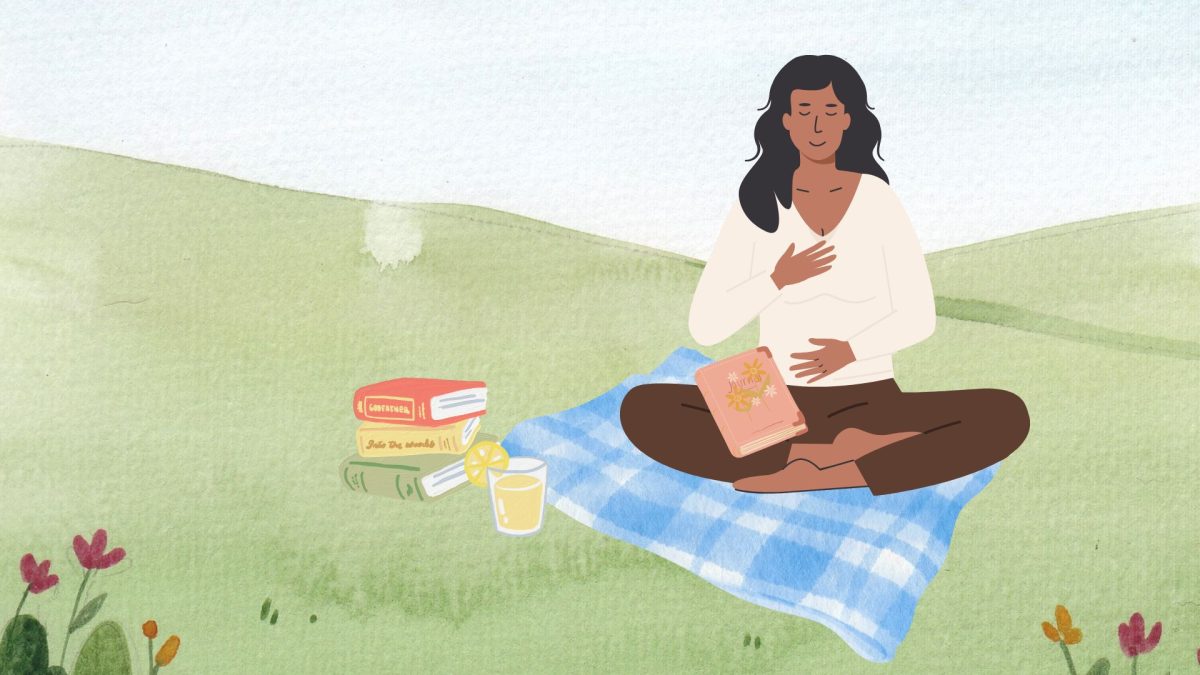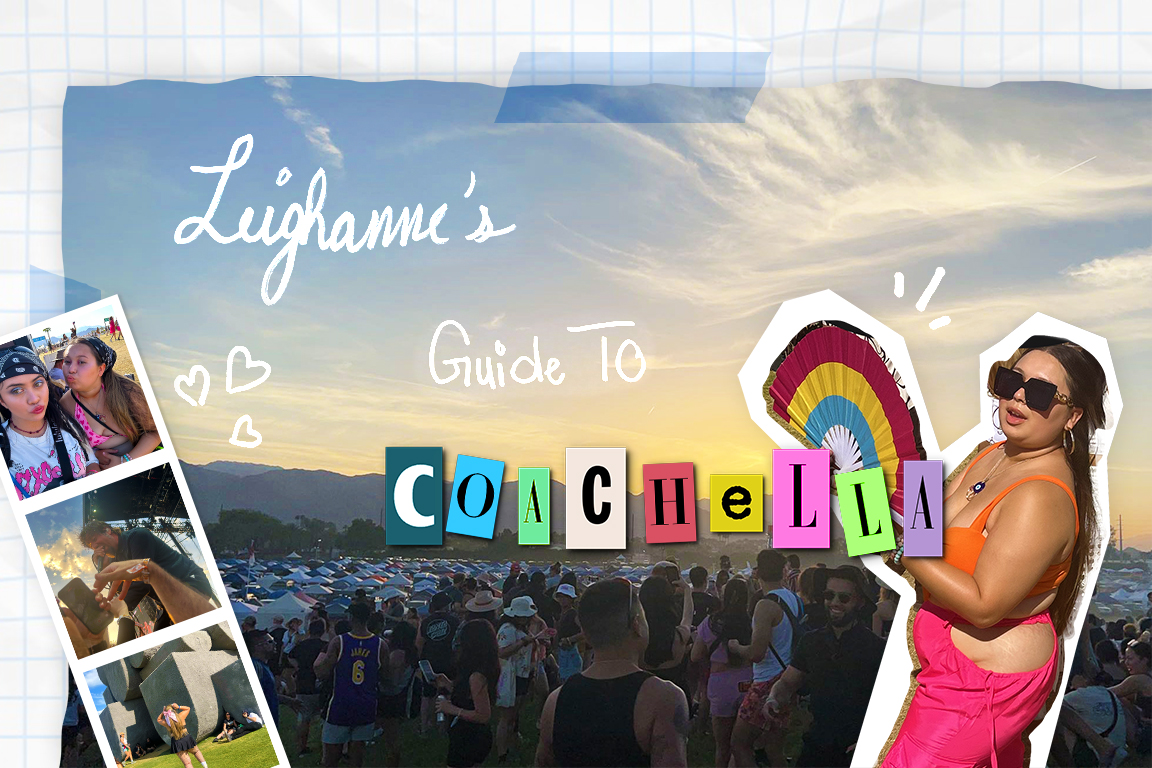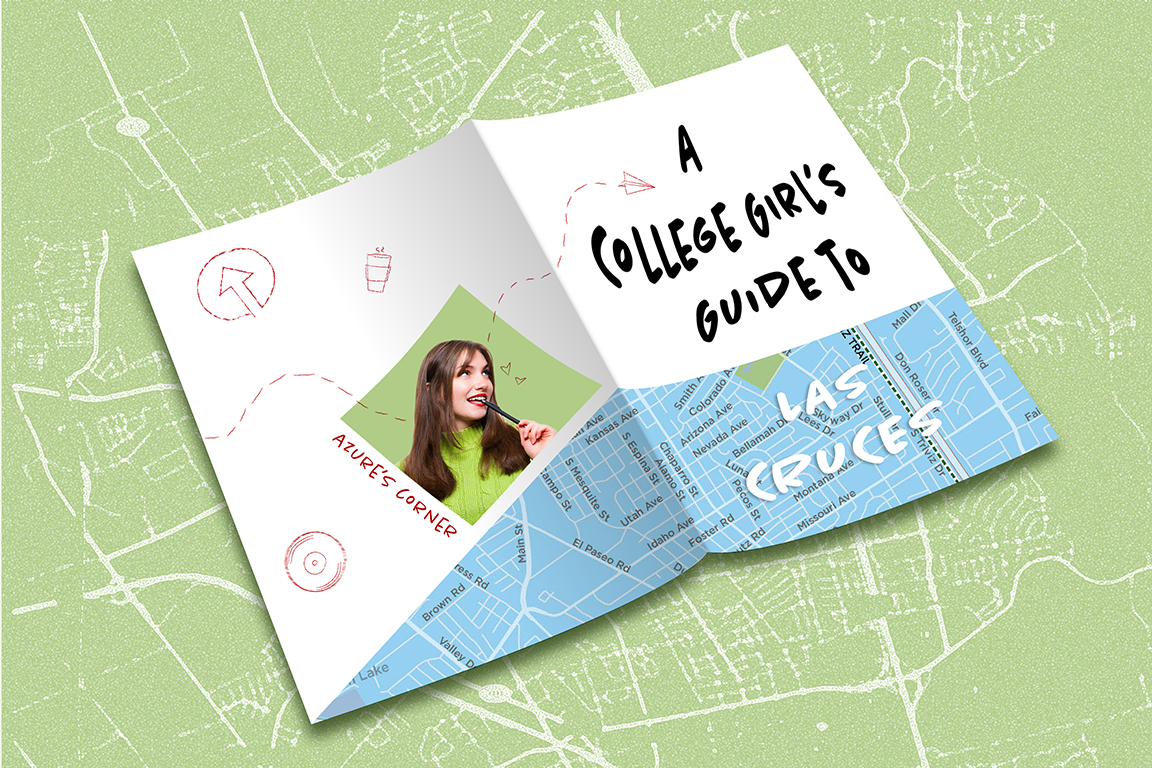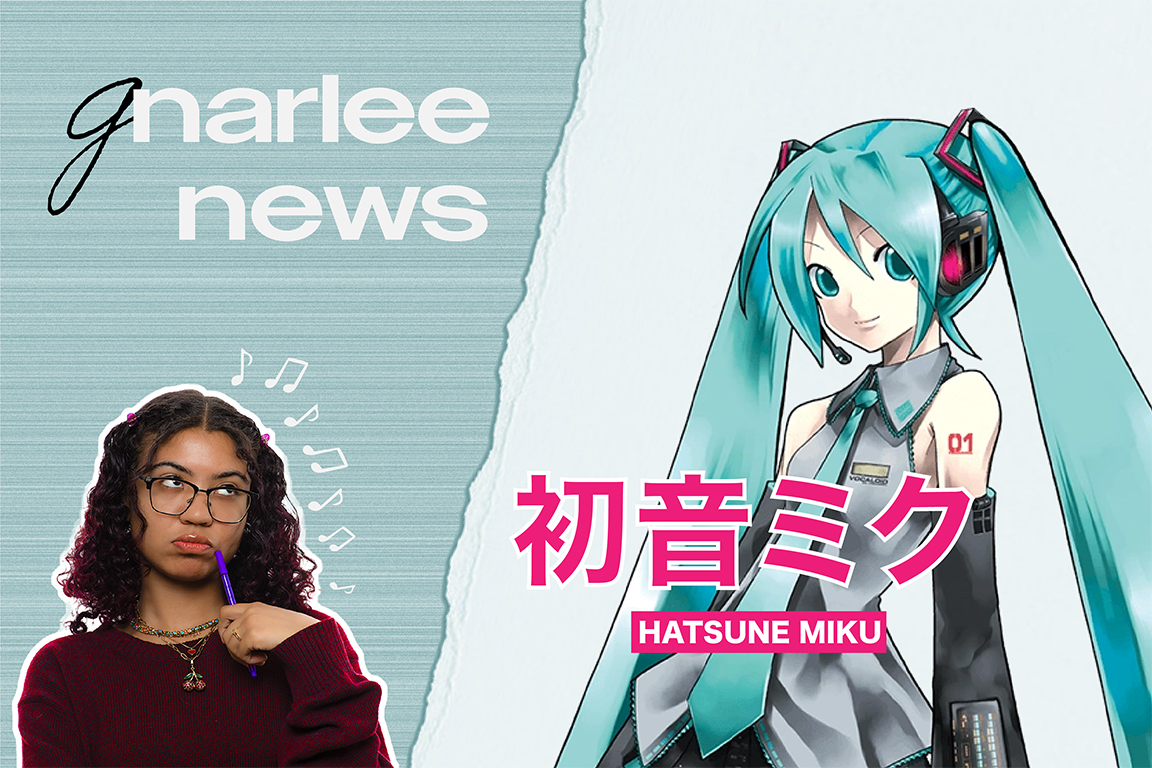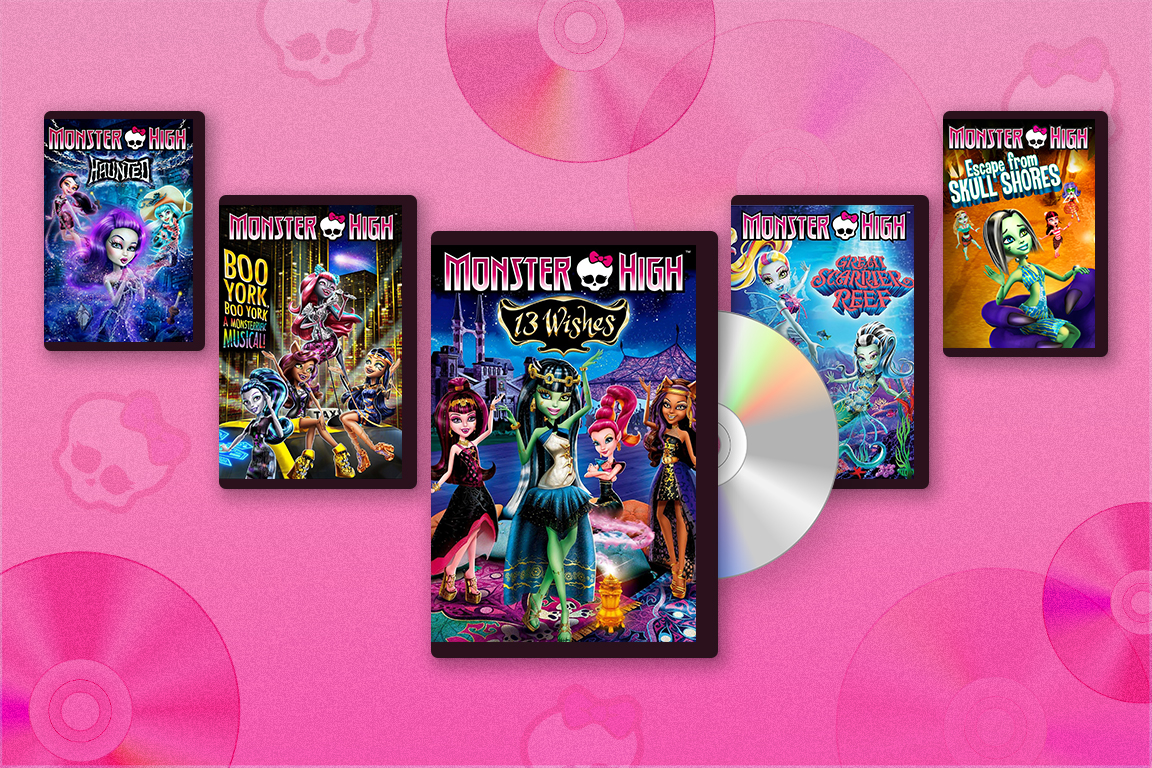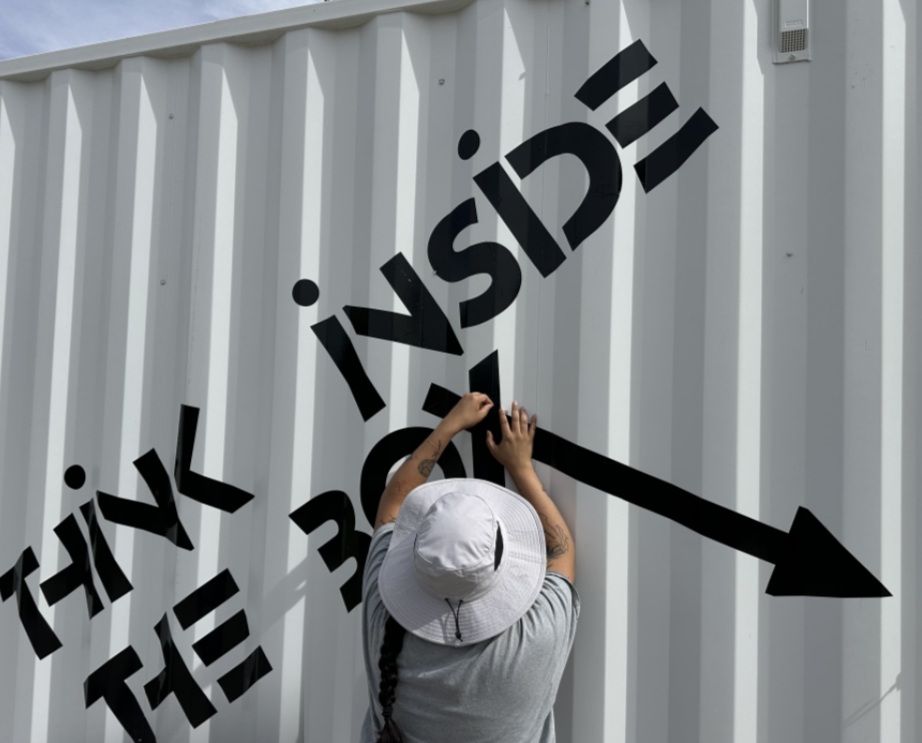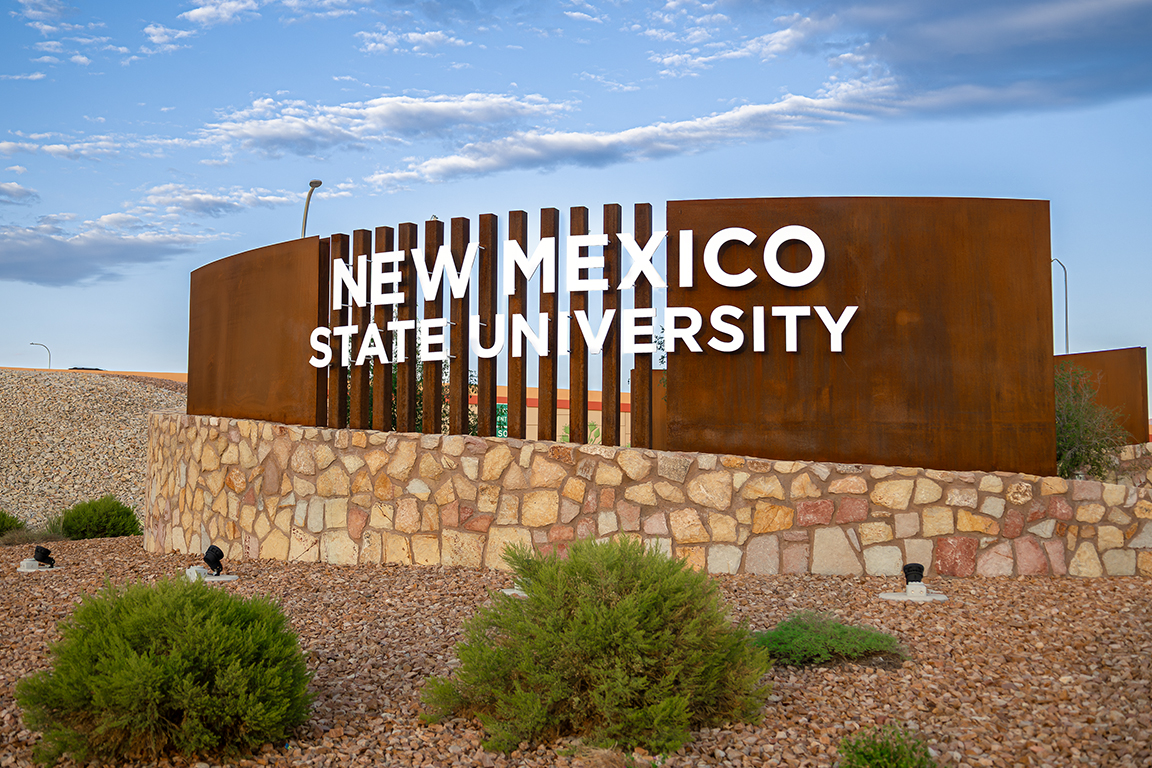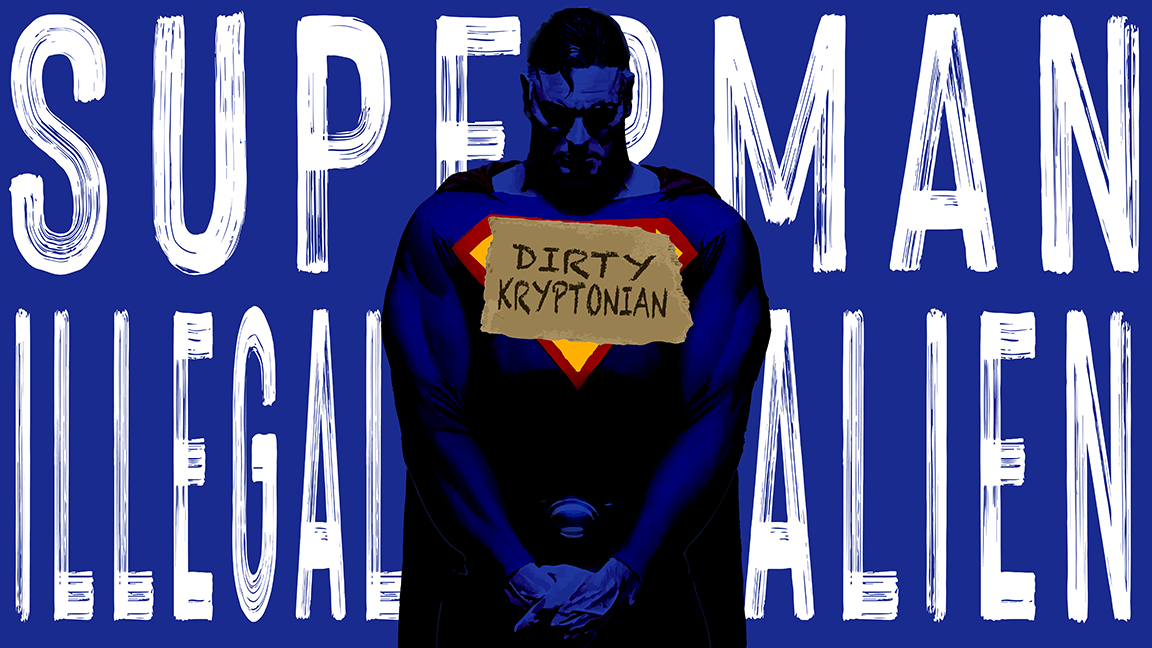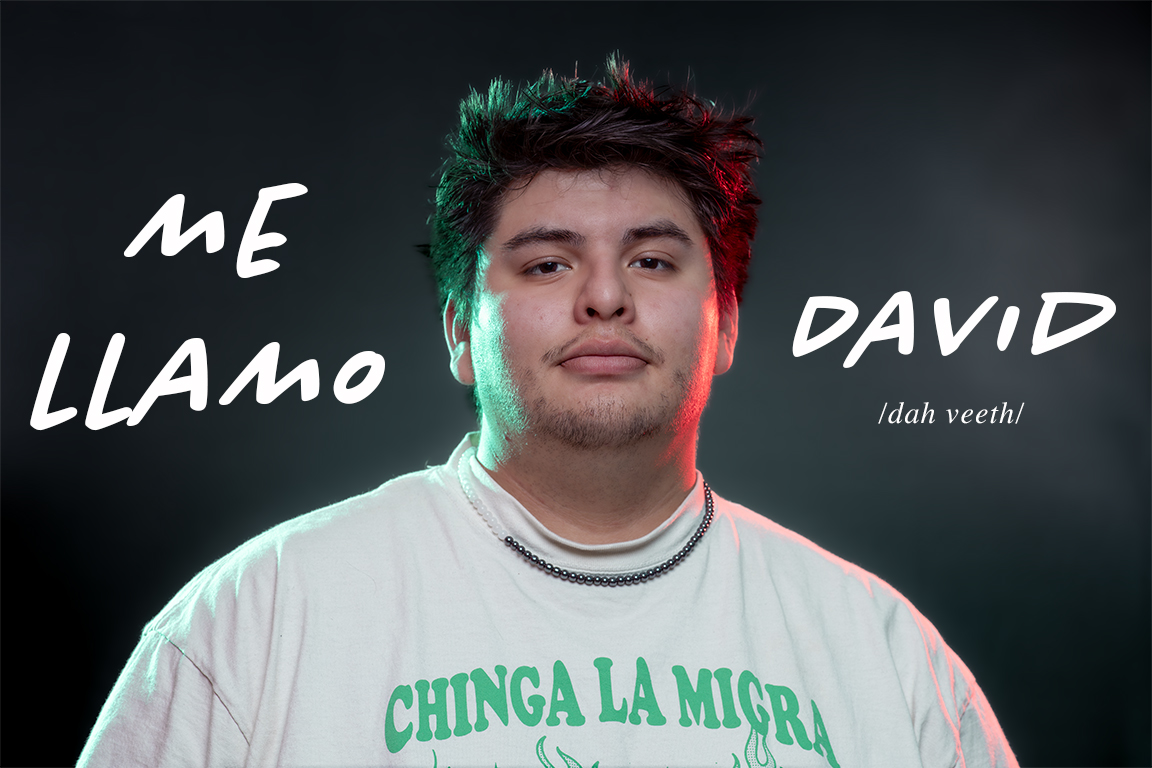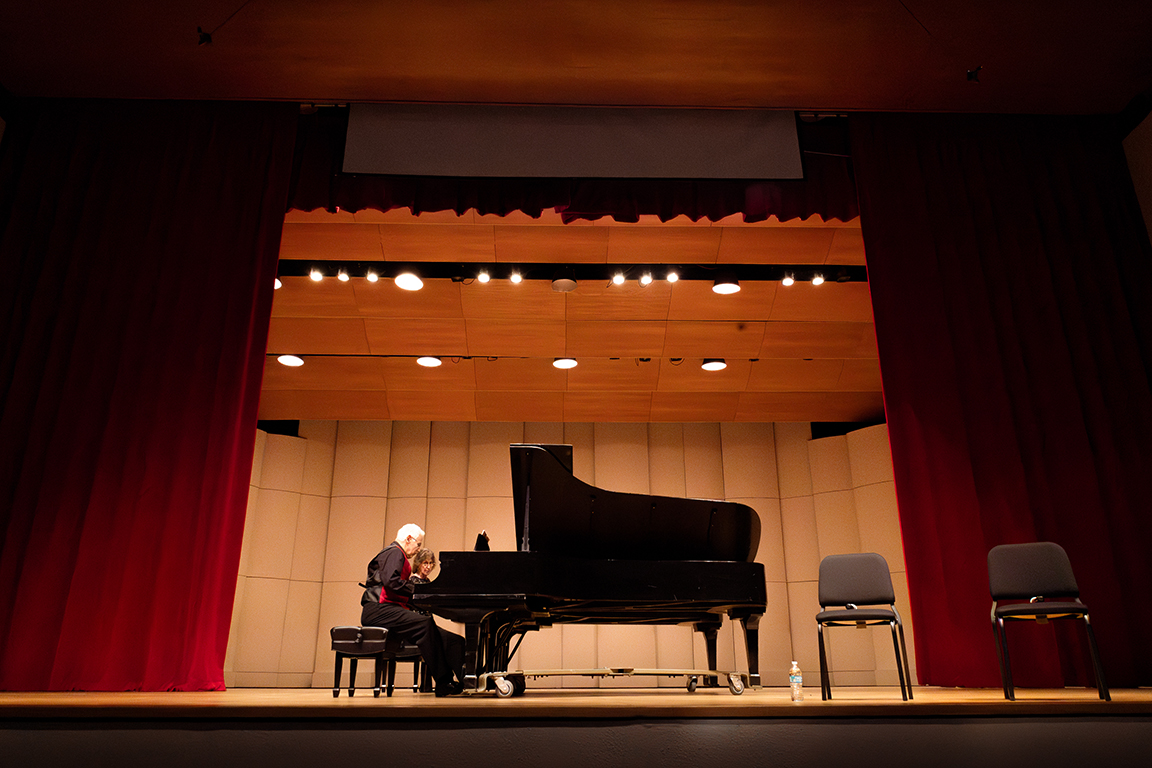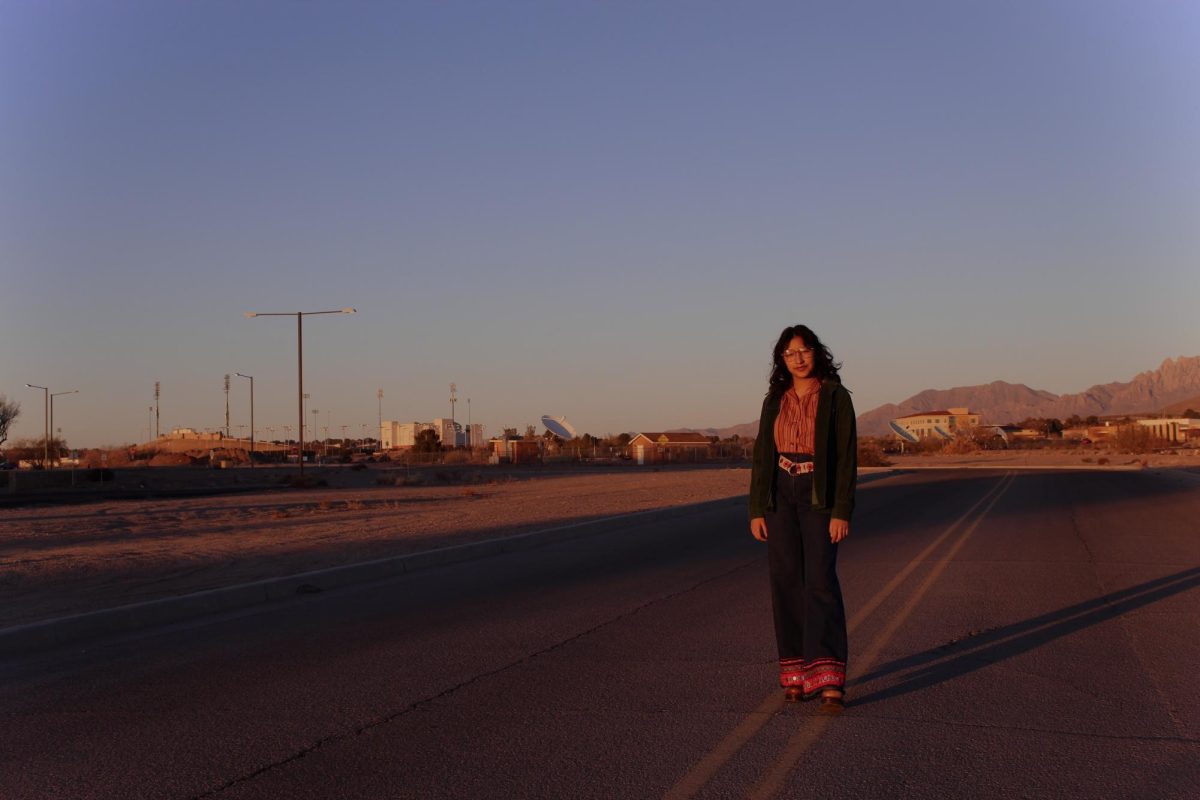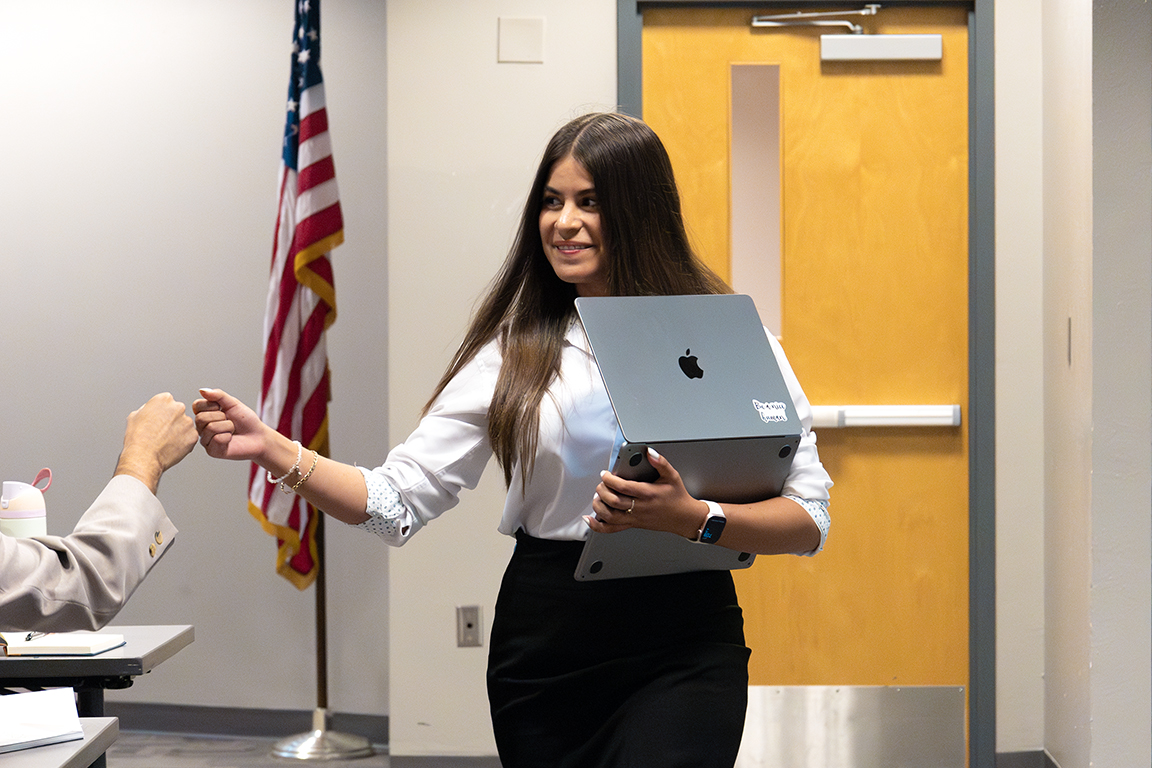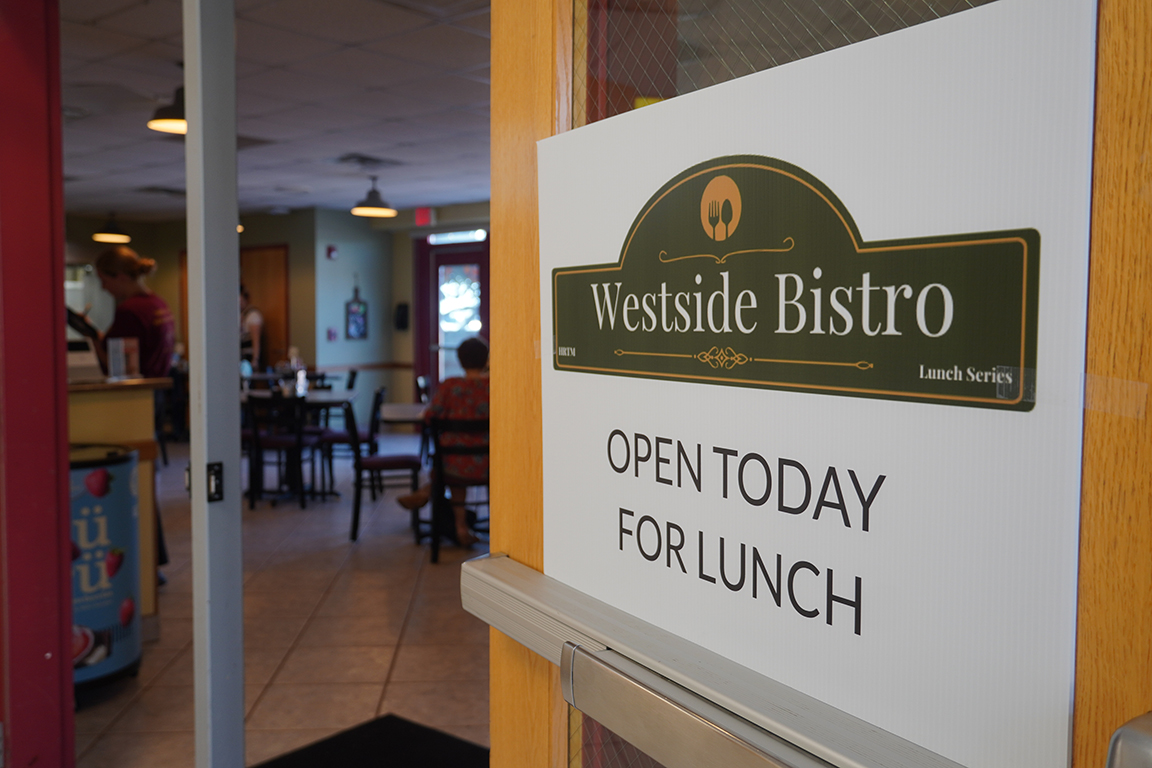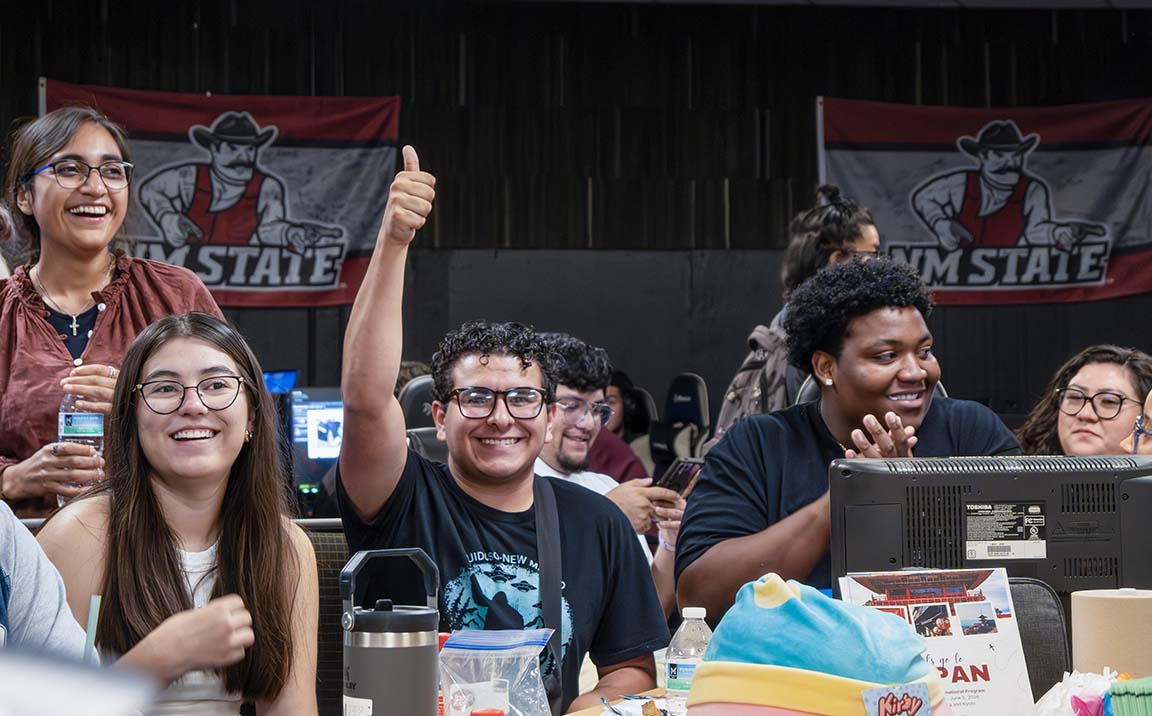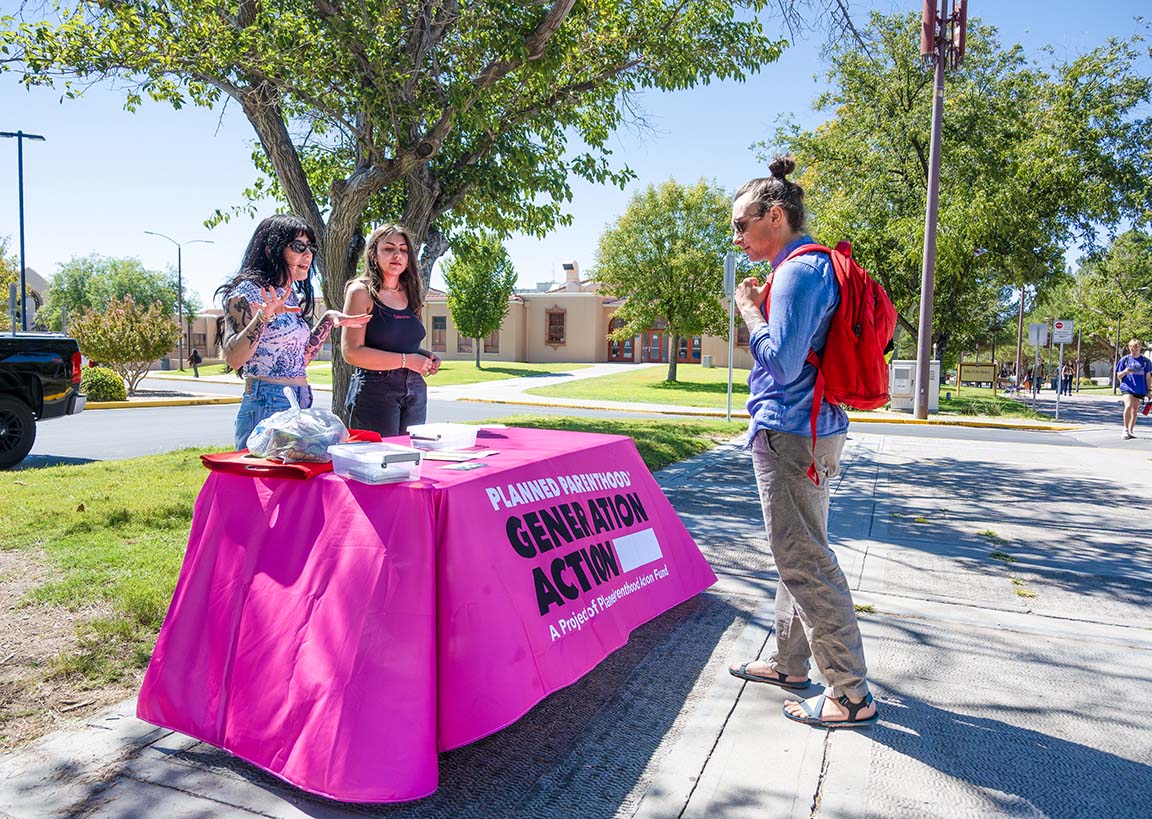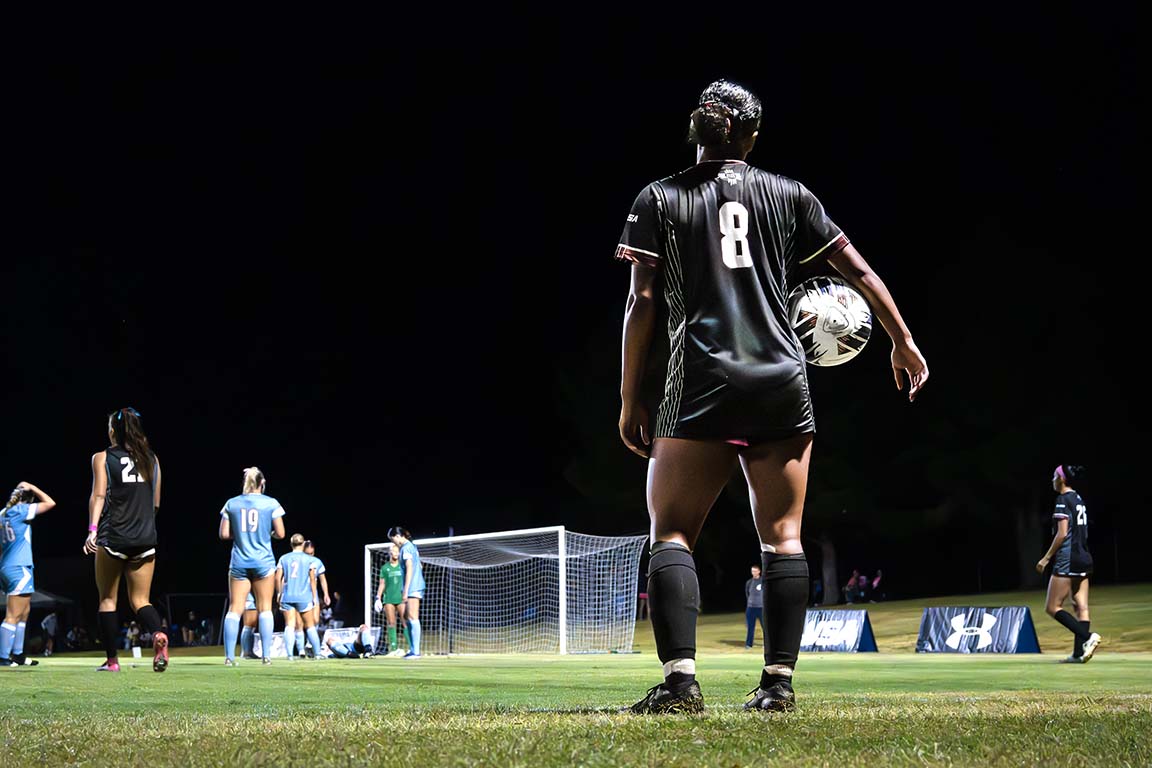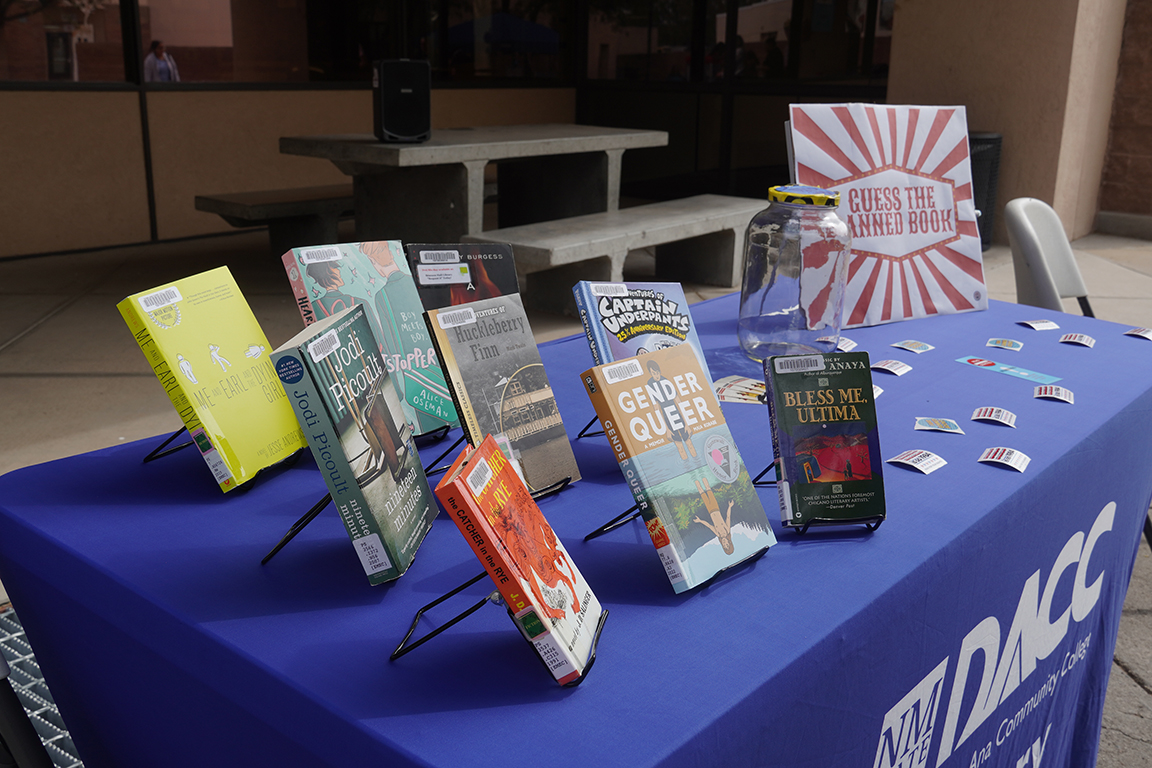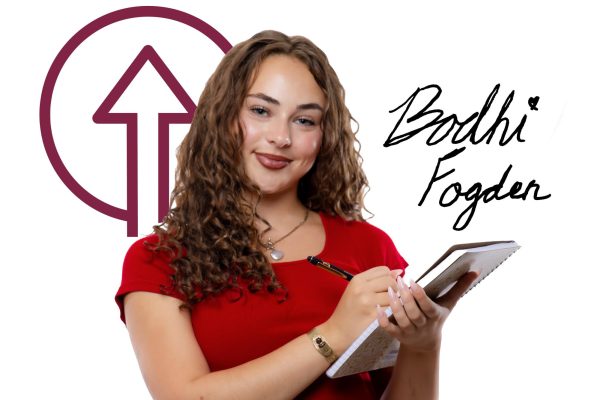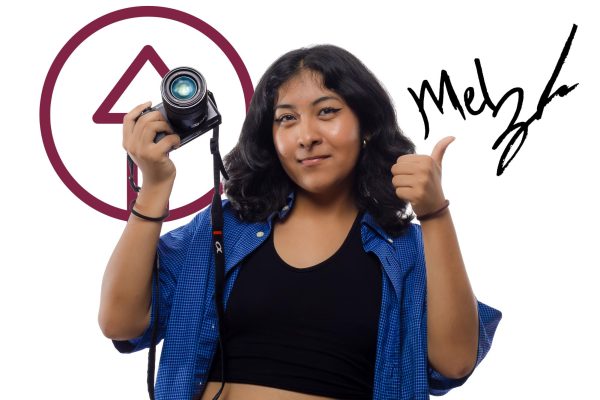Modern dating apps have seemingly created a culture around validation and unrealistic expectations.
When creating a dating app profile, users have the option to select pictures that showcase themselves, along with filling out prompts regarding their age, height, location, religious beliefs, and what kind of relationship they’re looking for (long-term, short-term, etc.). To liven up a dating profile, some apps also offer the addition of flirty or funny prompts to show personality through the screen.
When these dating profiles are created, users get shuffled into a large collection of profiles. Doing this could make users vulnerable to scrutiny from possible partners who swipe back and forth, like a game, to find matches.
I figured the best way to investigate this online culture of swiping would be to publicly share a Google questionnaire with New Mexico State University students. This questionnaire gathered research surrounding students’ experiences and feelings about online dating.
In my post, I informed students the Google form would be for a news story and gave them the option to remain anonymous or to disclose their names.
This Google form received a wide range of perspectives from various genders, sexualities, intentions, and relationship statuses. Everyone who participated said they were NMSU students and stated their ages ranged from 17 to 28.
Why do you use dating apps? If you don’t, why not?
One of the most common reasons why students don’t use dating apps either ever or anymore is because of a concern for authenticity and lust. When swipes are typically influenced by looks, it can be difficult for dating app users to find a genuine connection.
“I don’t know how I would present myself on an app to attract the right people,” a 26-year-old female student responded. “I’d want to be attractive, but I wouldn’t want that to be the main thing that draws people in.”
The student said finding a long-term partner who is focused on more than just her looks can be difficult, especially when it’s hard to fully express herself through a dating app.
One answer on the questionnaire from Jose Torres said, “Dating apps feel more about vanity and quick validation than real connection, so I don’t see the point in using them.”
To validate these concerns, many responses revealed some students often use dating apps for superficial reasons rather than to find a genuine connection, like out of boredom, for entertainment, validation, or even sex.
Amalia Tenorio responded, “[I use dating apps] because life gets boring and when I’m seeking validation, it comes so easy from dating apps.”
Those who are looking for sex take advantage of dating apps and imply that other users are interested in having sex as well.
“Cause the girls on there are easy,” a 20-year-old male student responded. “In person I feel like being more committed, online there’s less of a connection and it’s easy to break off.”
These answers solidify the fears of students who want a long-term, genuine connection.
In contrast, LGBTQ+ responders found dating apps helpful. They reported the apps provide an instant mutual understanding of both parties having compatible sexualities.
“I use them because as a queer person it can be easier to date if there’s already an understanding that both parties are queer,” a 20-year-old female student responded.
On the other end of the dating app spectrum, students who consider themselves shy see a different approach to online dating.
“Because I’m extremely introverted and online dating expands my dating pool,” Jacob Espinoza said.
While the responses vary, they all represent the culture trapped in the screen. It raises the questions of: when you’re on an app, how authentic can the connection be? Is it helpful or harmful for initial interactions to only be screen deep?
What has been your experience with dating apps?
There’s a theme in these responses of expected consent without it being given, as well as users being deceptive about intentions, and even their physical appearance.
“Two out of the three Tinder dates I’ve been on have been uncomfortable,” NMSU student Uma Vincent shared.
Vincent is currently 20, but when she was 18, she and her 21-year-old friend invited men from Tinder, 20 and 26, to their Airbnb. In preparation for this interaction, they had a safe word to use if either of them was uncomfortable, so they could come up with a way to get the boys to leave.
“We were worried about how they would react if we rejected them, for our safety,” Vincent said. “I’m scared of how men are going to react on dating apps because you don’t really know them.”
Both girls felt uncomfortable by the boys’ presence and used their safe word, orange juice, very quickly.
“We both said, ‘I really want orange juice,’ like ‘I really need orange juice’ like straight off the bat,” Vincent said.
As an attempt to get the boys to leave, the girls asked them to get something from the store, but the boys refused to go without them. The girls continued the uncomfortable night, attempting to keep their distance to signal their distaste.
“You could definitely tell that they were expecting something to happen, and they were trying for something to happen,” Vincent recalled. “Every time he sat next to me, I moved away. It was to the point where I sat on the floor.”
Vincent continued to tell them to leave, eventually suggesting getting them an Uber, and they refused, telling Vincent they wouldn’t be able to get one and insisting it was too late to drive.
“They slept over, they refused to leave,” Vincent said.
Vincent had another Tinder date more recently, where the man had lied about his appearance and was deceptive about being an NMSU student.
“Well, if you ghost me, I’m just going to get a membership at your work and make you feel really bad,” a line Vincent recalls being told by her date.
How has online dating made you feel?
From the research gathered, it was apparent online dating for NMSU students has been conflicting. Students have expressed ways dating apps can be discouraging, validating, and dehumanizing. Students even feel like online dating has started to cause the death of romance.
“The concept of online dating in this modern world gives me a sense of dread. I don’t think I’m ever gonna find someone. True love is either nearing death or is totally dead,” a 21-year-old male responded. “I wish we could go back to a simpler time, when small gestures meant something. I wish we could have a better sense of love in our souls rather than seeking after lust.”
As previously stated, many students feel as though their looks are what guide the dating world today, primarily online.
“People always say ‘looks don’t matter,’ but I feel like on dating apps, it’s the MAIN emphasis that people tend to focus on,” responded a 20-year-old female.
Staying safe
NMSU Interim Police Chief Justin Dunivan reported a trend in 2024 and 2025 of individuals communicating online prior to meeting in person. This information was found within the department’s crime scene commonalities reports.
The NMSU Police Department has recently implemented a review into commonalities of not only sexual assault cases, but also battery.
“That’s [case commonalities] something in more recent years we’re trying to pay more attention to, to try to be proactive in preventing them [sexual assault and battery],” Dunivan said.
Dunivan also stated that in urgent situations, the NMSU Police Department is always there to assist.
“My advice would be, if you’re going to meet somebody in person for the first time,” Dunivan said. “Meet in a public place, meet with a friend, something like that. Avoid any type of alcohol consumption, try to prevent a dangerous situation.”



